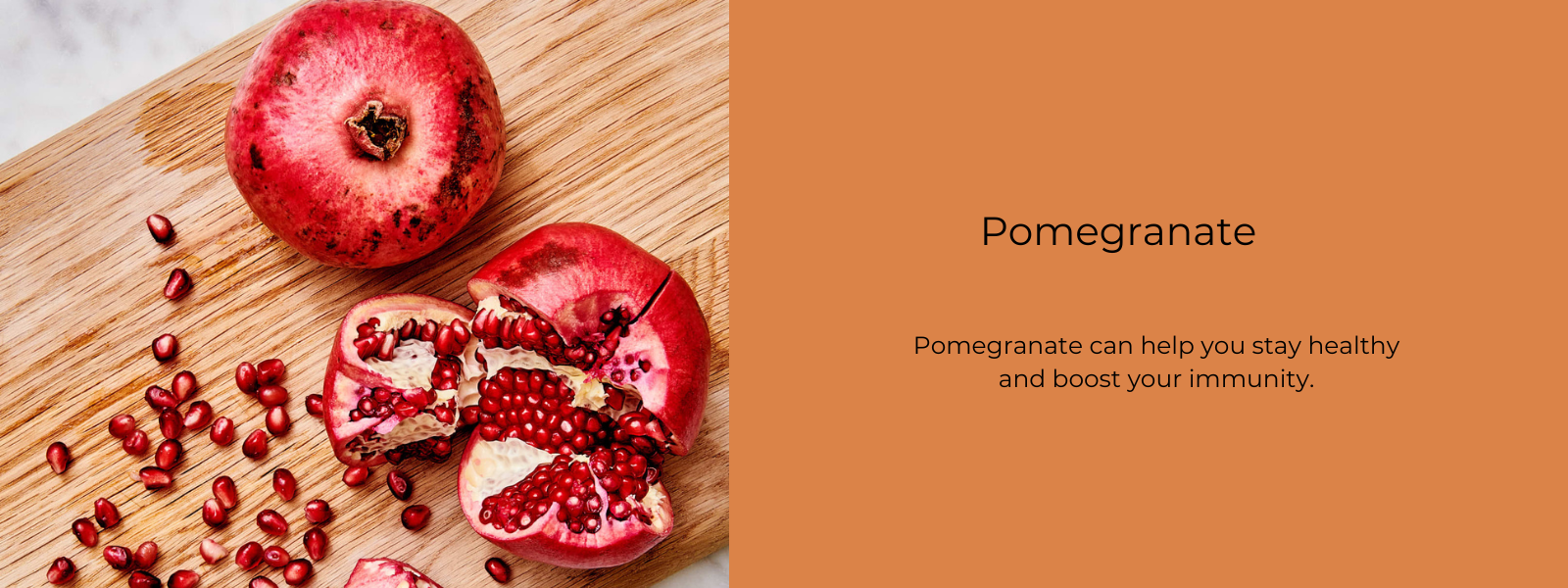Soursop is a unique fruit that comes with many health benefits. It is full of vitamins and minerals, making it an excellent source of nutrition. The beneficial components in soursop include calcium, phosphorus, iron, magnesium, zinc and selenium. These nutrients boosts immunity and ward off infections. Additionally, the antioxidants present in soursop can help reduce inflammation and may even protect against cancer.
The flesh of the soursop fruit is also packed with various vitamins, including folate, vitamin C, and B-complex vitamins. Vitamin C helps improve skin health, while folate regulates DNA production and helps to repair damaged cells.
Furthermore, soursop has amazing benefits for digestive health. The fiber content in soursop helps to move food through the digestive system more quickly and efficiently, which prevents constipation and other gastrointestinal issues.
Table of Contents
What is soursop fruit?
Soursop is a species of the Annonaceae family, popularly known as the custard apple family. Soursop , which grow on trees, are huge and oval-shaped. This green, spine-covered surface conceals whitish, fibrous flesh. Soursop’s flavour can best be characterised a mix of mango and pineapple
There are a variety of names for the soursop fruit. Its scientific name is Annona muricata, although it also goes by guanabana, paw-paw, sirsak, and graviola.
Soursop has been used to manage an array of medical diseases and illnesses in traditional medicine. With its rich nutrient profile, it delivers a number of health benefits.
Nutrient profile of soursop fruit:
1 cup of soursop pulp has the following nutrients.
Energy: 148 kcal
Protein: 2.25 g
Sugar: 30.5 g
Fat: 0.7g
Calcium: 31.5 mg
Vitamin C: 46.4 mg
Carbohydrates: 37.9g
Health benefits of soursop fruit:
Soursop takes care of digestive health
One whole soursop fruit offers roughly 83% of your required daily requirement of fibre, which is a crucial component for your digestive health. Constipation and other digestive disorders can be avoided with the help of fibre's regularising and preventing properties.
Soursop helps reduce inflammation
As free radicals are neutralised by antioxidants, cellular damage from oxidative stress is mitigated. Inflammation is a common response to oxidative stress. The anti-inflammatory properties of soursop's antioxidants seem plausible.
Soursop maintains a healthy blood pressure
Issues like heart disease and heart attacks may develop as a result of uncontrolled high blood pressure. Too much sodium in the diet can lead to hypertension. Potassium facilitates sodium excretion and reduces tension in blood vessel walls, both of which have a beneficial effect on blood pressure. About a third to half of your daily potassium needs can be met by eating a complete soursop fruit.
Soursop strengthens your immune system
Soursop's capacity to strengthen and enhance immune systems is its most prized advantage. With its high vitamin C content, Soursop supports the immune system in its fight against infections and prevents oxidative stress from damaging the skin. Phytosterols, found in soursop fruit, have been shown to lower blood cholesterol levels; tannins, found in soursop fruit, have antibacterial actions; and flavonoids, found in soursop fruit, assist regulate cellular activity and fight free radicals.
Soursop tea is protective against pathogens and should be consumed regularly as a prophylactic step.
How to select and eat soursop fruit?
You want to choose a soursop that is just a little soft when you go to the store to get one. If you can wait a few days before eating a soursop, you'll get the most out of it. Soursop's health advantages can also be enjoyed by blending it into a smoothie. Excellent recipes may be found pretty much anywhere.
Yet, despite its overwhelmingly sweet taste, soursop is typically consumed raw.
Although soursop can be eaten in a variety of ways, it's important to remember that the seeds may be toxic. Raw meat or juice should be consumed otherwise.











Leave a comment